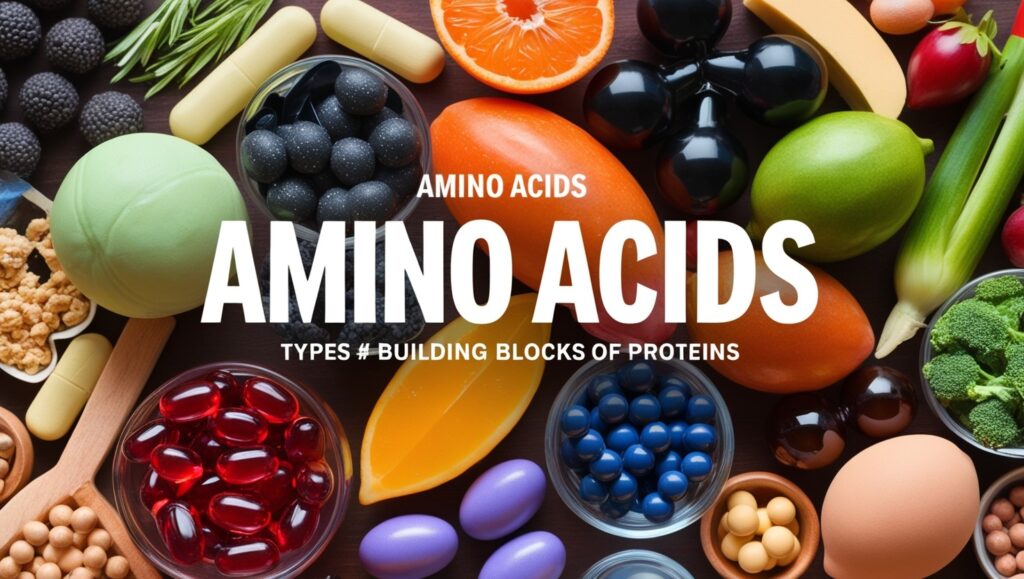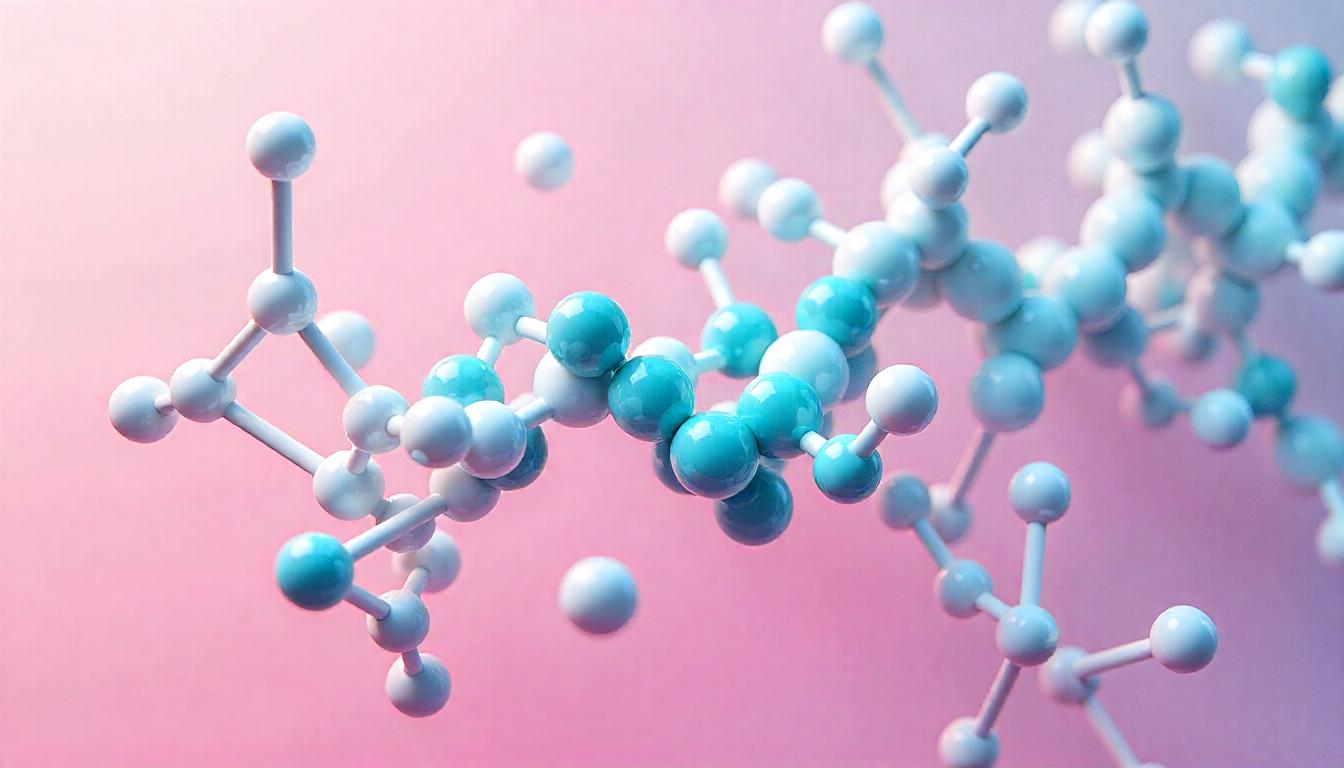Doctorhub360.com Amino Acids are organic compounds that play a vital role in nearly all biological processes. Often referred to as the “building blocks of proteins,” they are crucial for various physiological functions, including growth, repair, and maintenance of the body’s tissues. In this article, we delve into the intricacies of amino acids, exploring their types, functions, benefits, and much more.
What Are Doctorhub360.com Amino Acids?
Doctorhub360.com Amino Acids are molecules composed of carbon, hydrogen, oxygen, nitrogen, and sometimes sulfur. They consist of a central carbon atom bonded to an amino group (-NH2), a carboxyl group (-COOH), a hydrogen atom, and a distinctive side chain (R group) that determines the amino acid’s properties. This unique structure enables amino acids to perform a wide range of biological roles.
Categories of Amino Acids
Amino acids are broadly categorized into three groups:
- Essential Amino Acids
- These cannot be synthesized by the body and must be obtained from the diet.
- Examples: Leucine, Isoleucine, Valine, Lysine, Methionine, Phenylalanine, Threonine, Tryptophan, and Histidine.
- Key Functions: Supporting growth, repairing body tissues, and producing enzymes and neurotransmitters.
- Non-Essential Amino Acids
- These are synthesized by the body in sufficient amounts.
- Examples: Alanine, Asparagine, Aspartate, and Glutamate.
- Key Functions: Energy production, neurotransmitter synthesis, and supporting metabolic pathways.
- Conditional Amino Acids
- Required in higher amounts during illness, stress, or growth.
- Examples: Arginine, Cysteine, Glutamine, Tyrosine, Glycine, Proline, and Serine.
- Key Functions: Enhancing immune response, tissue repair, and collagen production.
Functions of Doctorhub360.com Amino Acids
Amino acids are indispensable for numerous biological processes:
1. Protein Synthesis
- Amino acids are polymerized into long chains to form proteins, which are essential for muscle structure, enzymes, hormones, and cellular repair.
- Proteins formed by amino acids perform structural, enzymatic, and signaling roles in the body.
2. Enzyme Production
- Many enzymes, which catalyze biochemical reactions, are proteins composed of amino acids.
- These enzymes are vital for digestion, DNA replication, and energy conversion.
3. Energy Production
- When carbohydrates and fats are insufficient, amino acids can be broken down to provide energy.
- Branched-chain amino acids (BCAAs) like leucine, isoleucine, and valine are especially important for energy metabolism.
4. Neurotransmitter and Hormone Synthesis
- Amino acids like tryptophan and tyrosine are precursors to neurotransmitters such as serotonin, dopamine, and norepinephrine, which regulate mood, sleep, and stress.
- Histidine contributes to the production of histamine, a critical compound for immune responses.
5. Immune System Support
- Amino acids like glutamine and arginine are crucial for the optimal functioning of the immune system, promoting the growth and activity of immune cells.
6. Detoxification and Antioxidant Support
- Amino acids like cysteine help produce glutathione, a powerful antioxidant that neutralizes free radicals and supports liver detoxification.
Types of Amino Acids and Their Roles
Essential Amino Acids
- Leucine
- Supports muscle repair and growth.
- Plays a role in regulating blood sugar levels.
- Stimulates protein synthesis in skeletal muscle.
- Lysine
- Promotes calcium absorption and bone health.
- Helps produce collagen and elastin.
- Plays a role in the synthesis of carnitine, a nutrient important for fat metabolism.
- Methionine
- Aids in detoxification and metabolism.
- Provides sulfur for tissue repair and growth.
- Acts as a precursor to cysteine and taurine, critical for antioxidant defense.
- Phenylalanine
- Precursor for tyrosine, dopamine, epinephrine, and norepinephrine.
- Influences mood, memory, and pain regulation.
Non-Essential Amino Acids
- Glutamate
- Acts as a key neurotransmitter in the brain, involved in learning and memory.
- Converts to gamma-aminobutyric acid (GABA), an inhibitory neurotransmitter that promotes relaxation.
- Aspartate
- Plays a role in the urea cycle and DNA synthesis.
- Facilitates energy production in cellular metabolism.
Conditional Amino Acids
- Arginine
- Enhances blood flow and cardiovascular health by producing nitric oxide.
- Supports wound healing and immune function.
- Glutamine
- Supports intestinal and immune health.
- Serves as a fuel source for rapidly dividing cells, such as those in the gut lining.
- Tyrosine
- Precursor to important neurotransmitters like dopamine and norepinephrine.
- Enhances focus and stress response.
Dietary Sources of Doctorhub360.com Amino Acids
Amino acids can be obtained from a variety of dietary sources:

- Animal-based:
- Meat: Beef, chicken, pork
- Fish: Salmon, tuna, cod
- Eggs and dairy products: Milk, cheese, yogurt
- Plant-based:
- Legumes: Lentils, chickpeas, black beans
- Nuts and seeds: Almonds, sunflower seeds, chia seeds
- Soy products: Tofu, tempeh, edamame
- Whole grains: Quinoa, buckwheat, oats
Including a diverse range of foods ensures an adequate supply of all amino acids, especially for those following vegetarian or vegan diets.
Benefits of Amino Acids
- Muscle Growth and Recovery
- Essential for repairing and building muscle tissue post-exercise.
- BCAAs help reduce muscle soreness and fatigue.
- Enhanced Metabolism
- Amino acids regulate metabolic pathways, ensuring efficient energy utilization.
- Methionine supports lipid metabolism and prevents fat buildup in the liver.
- Improved Mental Health
- Precursors to neurotransmitters that influence mood, cognitive function, and stress response.
- Tryptophan contributes to serotonin production, promoting a sense of well-being.
- Wound Healing
- Amino acids like proline and glycine are crucial for collagen production, aiding tissue repair.
- Arginine enhances blood flow, delivering essential nutrients to damaged tissues.
- Detoxification
- Cysteine supports the liver’s detoxification processes by promoting glutathione synthesis.
Amino Acid Deficiency
A deficiency in amino acids can lead to:
- Muscle loss and weakness
- Fatigue and low energy levels
- Weakened immune response, increasing susceptibility to infections
- Mood disorders like anxiety and depression
- Poor wound healing and skin issues
Ensuring a balanced intake through diet or supplementation is vital to prevent these issues.
Supplementation of Doctorhub360.com Amino Acids
Amino acid supplements are available in various forms, including powders, tablets, and capsules. They are particularly beneficial for:
- Athletes aiming for better performance and recovery.
- Individuals recovering from surgery or illness.
- Those with specific dietary restrictions or increased needs due to stress.
However, supplementation should be done under professional guidance to avoid potential side effects or imbalances. Overuse can strain the kidneys or interfere with amino acid balance.
Conclusion
Doctorhub360.com Amino Acids are indispensable for sustaining life and promoting overall health. They contribute to nearly every physiological process, from building proteins to supporting brain function and immunity. By consuming a balanced diet rich in amino acids or supplementing when necessary, individuals can ensure optimal health and well-being.
FAQs
Q1: Can the body store Doctorhub360.com Amino Acids for future use?
- No, unlike fats and carbohydrates, amino acids are not stored in the body. They must be consumed regularly through diet.
Q2: Are plant-based proteins complete sources of Doctorhub360.com Amino Acids?
- Most plant-based proteins are incomplete, but combining different sources, like rice and beans, can provide all essential amino acids.
Q3: How do Doctorhub360.com Amino Acids affect mental health?
- Certain amino acids, like tryptophan, are precursors to neurotransmitters that regulate mood and stress.
Q4: Is it possible to consume too many Doctorhub360.com Amino Acids?
- Excessive intake, especially through supplements, can strain the kidneys and liver. Balance is key.










